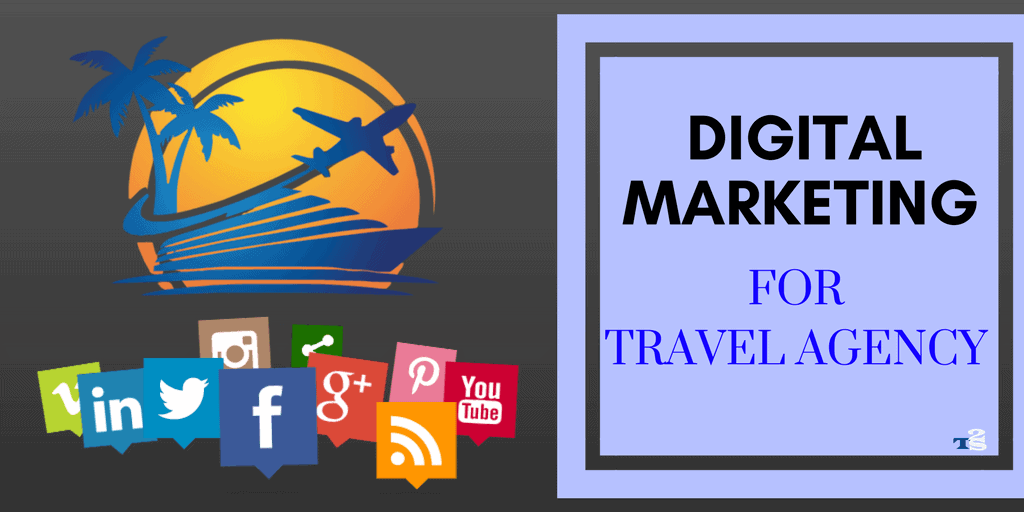Contents
Digital marketing strategies are essential for businesses in the modern era, especially in industries with high online activity. A digital strategy can help your business stand out from competitors and reach your target audience in every possible way. Digital marketing is an umbrella term. It includes email, social media, websites, and mobile phones.
Tourism is about making people happy; making them feel ‘unstressed.’ With the bustling internet and social media world, it is not surprising that customers want to plan their trips online.
As a result, a tourism marketing agency needs to adapt its marketing strategies to reach these audiences. This article will highlight how you can build robust digital marketing strategies for your tourism agency.
Identify Your Goals
A clear direction is the best way to have a successful digital marketing strategy. Take time to think about what you want from each campaign and how it ties into your overall sales or marketing goals.
It will help you choose the right approach and see if the campaign has been effective once it has finished. The best way to achieve your goals is through using a marketing mix. It includes advertising, branding, public relations, and direct marketing.
Social Media Management
According to recent statistics, content marketing generates 3x as many leads as traditional marketing and costs 62 per cent less.
Your social media presence should reflect the unique aspects of your brand. Being active on social media can help you receive feedback from customers while also creating an opportunity for customer service. Furthermore, it can also help the tourism marketing agency build trust and credibility for the brand.
As a tourism agency, you should consider using social media platforms such as Facebook, Twitter, Instagram, and YouTube. Create exciting and engaging content that will encourage customers to follow your page and learn more about your business.
For example, if you offer exciting activities or tours, these would be perfect for sharing on social media.
Companies should aim for posting around three times every day. They should create content that captures the brand’s voice and style. You can write longer posts, but this should only be done if the post has enough value to keep readers engaged.
Content Marketing
Content marketing focuses on producing helpful and informative articles that your audience is willing to share with others. It can help increase brand awareness and drive more traffic back to your website.
As a tourism marketing agency, you must create content that showcases what you do and why it will excitingly benefit the customer. For example, if you run special hotel deals, let the customer engagingly know about them.
Email Marketing
Email marketing is among the most powerful forms of digital marketing – making it essential for a tourism agency. Emails can be sent to customers at any time and should be adapted to the customer’s preferences.
One of the most efficient methods to use email marketing is by using a double opt-in system: this way, you only reach customers who wish to receive your emails.
SEO
SEO is a complex digital marketing strategy that requires time and effort. If you have a new website or can’t afford to hire an SEO specialist, there are still some simple practices you can carry out on your own.
You should also choose keywords related to your business and use them in the title, meta description, URL, and even within the page’s content itself.
Digital PR
Digital PR is similar to traditional public relations but with the added benefits of online communication. You need to create exciting content shared through different media channels to achieve this.
You can also use digital PR strategies by focusing on your branding and customer engagement. You must make sure your customers are satisfied, so they recommend you to their friends and family.
A tourism agency needs to stay ahead of the curve for digital marketing. By being proactive in your approach to digital marketing, you will be able to stay ahead of the competition and continue attracting new customers.


